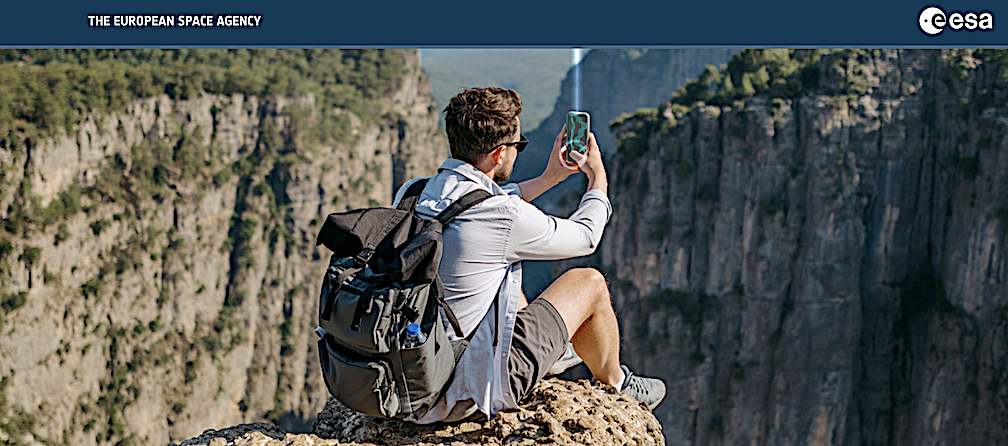
SpaceX is targeting Saturday, April 27 at 8:34 p.m. ET for a Falcon 9 launch of the European Commission’s Galileo L12 mission to medium Earth orbit from Launch Complex 39A (LC-39A) at Kennedy Space Center in Florida. If needed, there is a backup opportunity on Sunday, April 28 at 8:30 p.m. This will be the final launch for this Falcon 9 booster, more information below.
According to weather officials, there’s a 75% chance of favorable weather conditions at the time of the launch. The forecast calls for a temperature of 72°F, light rain, 94% cloud cover, a wind speed of 20mph and 0.14in of rain.
A live webcast of this mission will begin on X @SpaceX about 10 minutes prior to liftoff. Watch live.
Due to the additional performance required to deliver the payload to medium Earth orbit, this mission marks the 20th and final launch for this Falcon 9 first stage booster, which previously launched GPS III-3, Turksat 5A, Transporter-2, Intelsat G-33/G-34, Transporter-6, Intuitive Machines IM-1, and 13 Starlink missions.
SpaceX has 2 weekend launches beginning with 2 satellites for Europe’s Galileo navigation system
SpaceX will launch 2 Galileo satellites into MEO from Europe’s Galileo navigation system on Saturday, April 27. The launch window is from 5:34 PM – 6:11 PM PDT
Though SpaceX has not publicly announced this mission, a National Geospatial-Intelligence Agency navigational warning shows this launch window will open Saturday, April 27, 2024.
- Mission: A SpaceX Falcon 9 rocket will launch Galileo satellites for the European Space Agency’s global navigation system from NASA’s Kennedy Space Center.
- Launch window: 8:29 p.m. to 9:11 p.m. EDT Saturday, April 27, 2024
- Location: Launch pad 39A
Galileo is currently the world’s most precise satellite navigation system, serving over four billion smartphone users around the globe since entering Open Service in 2017. All smartphones sold in the European Single Market are now guaranteed Galileo-enabled. In addition, Galileo is making a difference across the fields of rail, maritime, agriculture, financial timing services and rescue operations.
A flagship program of the European Union (EU), Galileo is managed and funded by the European Commission. Since its inception, ESA leads the design, development and qualification of the space and ground systems, as well as procuring launches. ESA is also entrusted with research and development activities for the future of Galileo within the EU program Horizon Europe. The EU Agency for the Space Program (EUSPA) acts as the service provider, overseeing the market and application needs and closing the loop with users.



